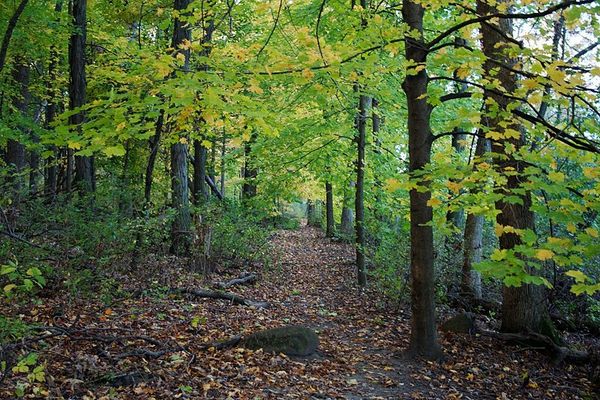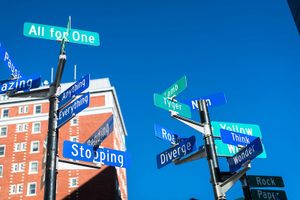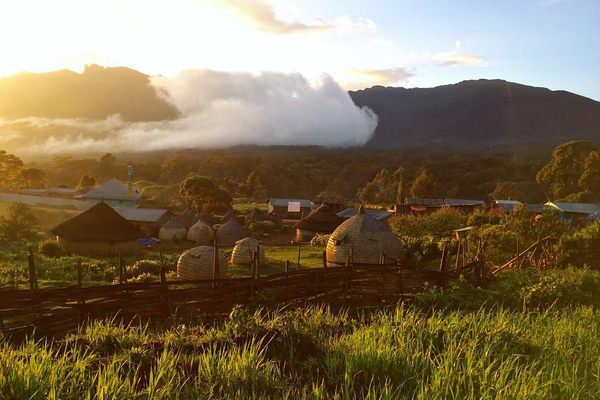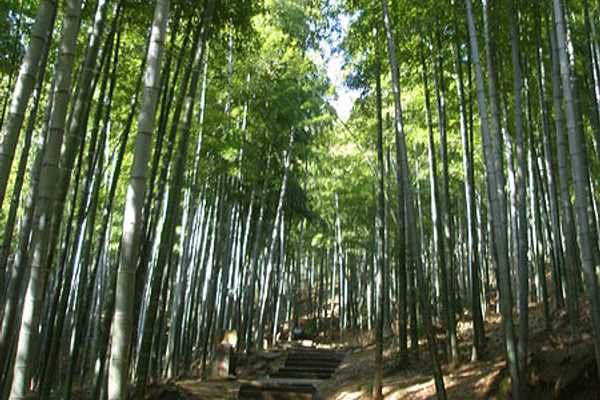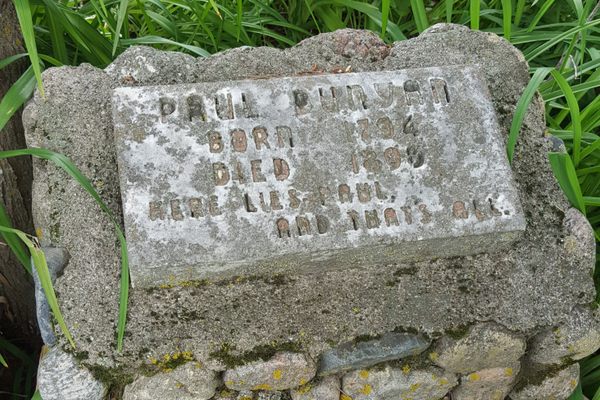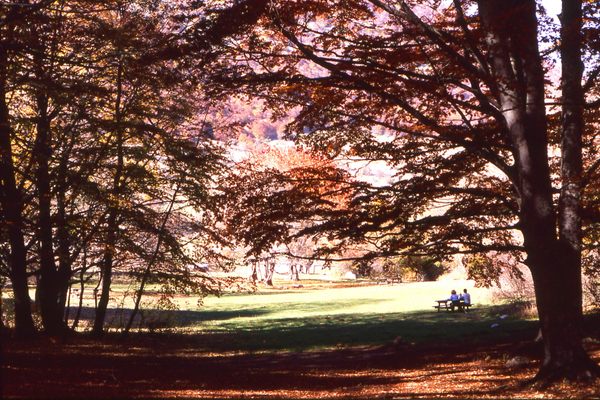About
In the southeast corner of the University of Wisconsin Arboretum, bordering the marsh, there is a large area of natural woods designated the “Lost City Forest.”
With old trees towering high above basic dirt paths, and with the sounds of solitude broken only by the hammer of a woodpecker, the call of a swallow, or the occasional roar of a car floating down from the nearby Beltline, this place indeed seems lost. However, the name of the forest does not derive from its seeming isolation; the place is titled because it sits on the remains of a failed housing development built in the early part of the 20th century.
In the 1920s, as Madison, Wisconsin’s bought-and-created capital city, was quickly growing, developers sought to cash in on modern housing developments. The Lake Forest Land Company made plans to build an attractive new neighborhood on the south side of Lake Wingra. Although concrete foundations were laid and roads and sidewalks delineated, no one ever managed to live there. The marshy land proved too unstable and began to suck down the foundations. Then when the economic downturn of the Great Depression hit, it sealed the fate of the area: the company went bankrupt, and the plans for the housing development were scrapped.
Take advantage of the free admission to the arboretum and wander down through this forest; imagine what it would have been like and enjoy the ghosts of the houses that should have occupied the area. The arboretum also offers free tours and discussions of the Lost City once a year, on a weekend near Halloween.
Related Tags
Know Before You Go
Pick up a trail map at the Visitor Center, or look for any of the trails that begin with "L."
Published
October 23, 2013
Sources
- http://madisononthecheap.com/2012/10/01/learn-the-haunting-story-of-madisons-lost-city-during-the-annual-halloween-weekend-tour/
- http://j880.blogspot.com/2008/10/madisons-lost-city.html
- "Madison Walks" (2003) by Harriet Brown and Jamie Young, published by Jones Books
- https://arboretum.wisc.edu/visit/maps/
